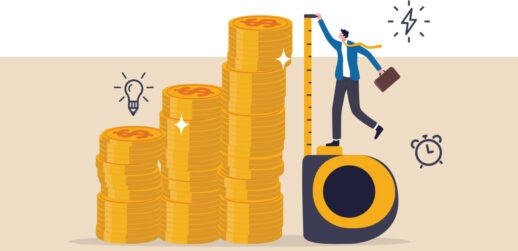Leading with sustainability is finally in hotels
In a past life, I helped launch one the first websites devoted to sustainability in travel. This was shortly after Al Gore’s seminal An Inconvenient Truth in 2006, which sounded the first warning about climate change most of us heard. As I visited hotels back then and talked to staff about what eco-friendly practices were in place, one of two things often happened.
The first was a form of denial. Beyond switching out incandescent light bulbs for the new compact florescent versions—and many properties resisted even this greening, arguing it would do harm to the guest experience—not much was being done. Certainly not in any systematic and impassioned way.
The other was a form of evasion. At luxury properties, particularly, eco-measures were not acknowledged (unless you specifically asked). Again, for fear of damaging the perception of guest experience. I especially remember a boutique property in California Wine Country that had gone to the trouble, expense and commitment to become LEED Platinum-certified, one of the few in the world. After an initial phase of marketing this incredible feat, sustainability was barely mentioned in favor of over-the-top luxury.
How far we’ve come since then.
A Pillar of Brand Identity
Climate-change deniers may linger out there in the hospitality world, but you’d be hard pressed to find them. Sustainability and eco-friendliness have emerged into the limelight from back-of-the-house tinkerings to frontline marketing and, in an increasing number of instances, a pillar of brand identity.
Latest case in point is IHG Hotels & Resorts’ recently announced plan to expand into the U.S. market with its premium brand voco. At the voco Gold Coast, an IHG Hotel, in Australia, and many other voco properties, each guest room duvet is made from 150 plastic bottles. Its bed linens have also been approved by the “100% Better Cotton” initiative, fostering the sustainable harvesting of cotton.
“The consistent theme of sustainability in voco properties will meet the growing need for responsible options from travelers, which should help voco to increase its market share as travel recovers,” commented Ralph Hollister, travel and tourism analyst at GlobalData, which scores IHG, headquartered in the U.K., as a four (out of a maximum five) in Environmental, Social and Governance on its lodging scorecard.
Competitors Hilton and France-based Accor score even higher, with fives. As far back as 2007, Marriott International created a Global Green Council in-house, followed by Serve360, an initiative for “creating positive and sustainable impact” wherever the company does business. Hyatt Hotels & Resorts issues corporate responsibility scorecards tracking its progress with its properties and sourcing.
The Pull of Sustainability
In addition to doing good, hospitality companies have saved billions by creating spaces and infrastructure that are more energy efficient. At the same time consumer awareness of sustainability issues—and demand for responsible practices—has tracked steadily upward, too. Being eco-friendly has become both a push and a pull.
According to a recent survey by GlobalData, 42 percent of travelers now say they are influenced by the extent to which a product or service is environmentally friendly or responsible. Not long ago, those numbers barely reached beyond the teens.
“Sustainability is not a fad anymore. It’s part of doing business,” in the words of Kevin Edmunds, CIS, CITP, vice president of group sales for AIC Hotel Group.
Other recent data points of note must include MGM’s Mega Solar Array that went online in late June. It features 323,000 panels across 640 acres. The 100-megawatt installation can supply up to 90 percent of the daytime energy needs for MGM’s eight Strip resorts, which encompass more than 36,000 guest rooms.
See more: MGM Resorts International Hits Sustainability Milestone
“It’s all part of our effort to reduce our carbon footprint and advance renewable energy,” said Yalmaz Siddiqui, MGM’s vice president of corporate sustainability, at the project launch. “This is the largest solar array in the world for a hospitality company.”




